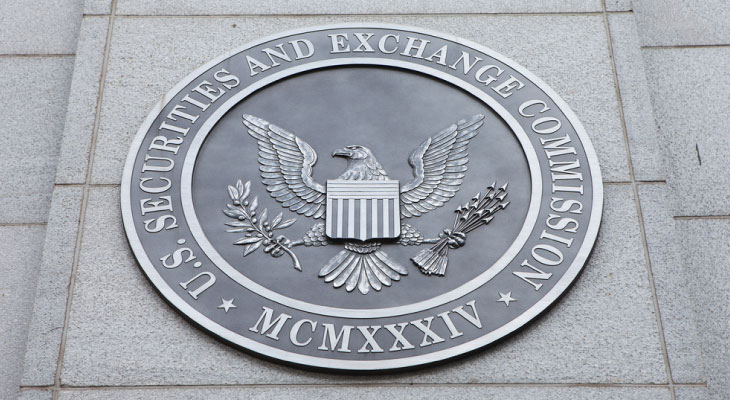Securities fraud is a variety of activities that are considered to undermine the integrity and efficiency of the securities markets. Securities Fraud Enforcement Securities fraud can fall afoul of one or both of civil regulators and criminal enforcement bodies. Civil infractions are generally regulated by the Securities and Exchange Commission, while criminal infractions are enforced […]











